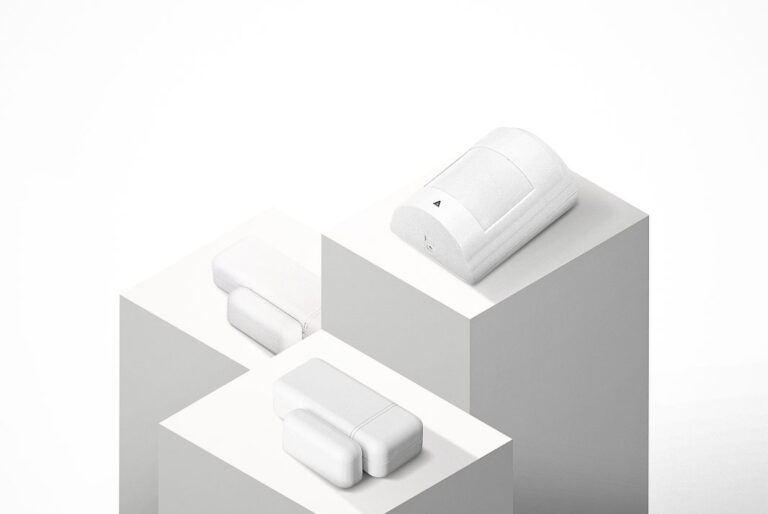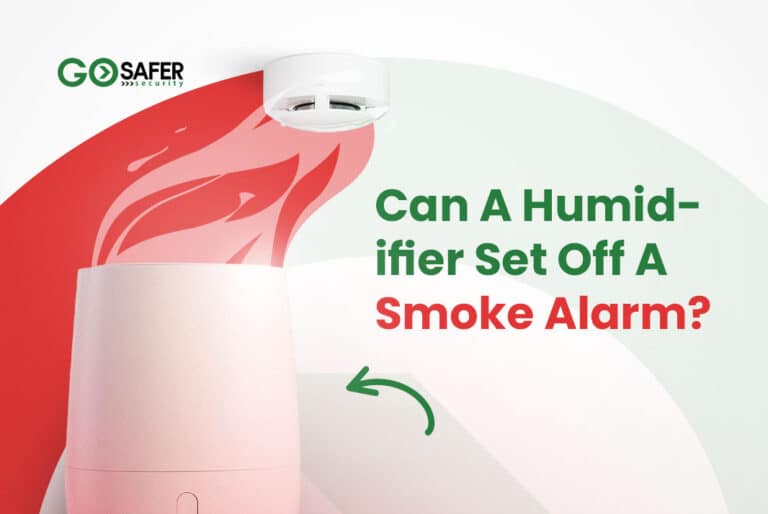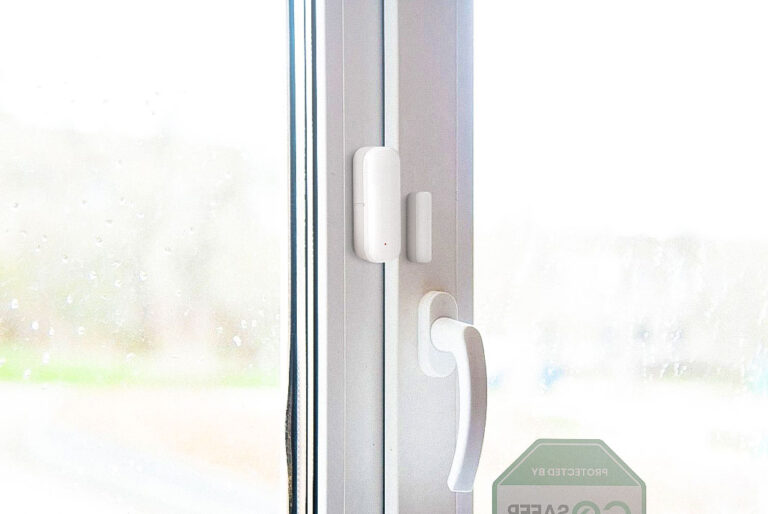The debate between DIY home alarm systems and monitored alarm services has been ongoing, with each option offering unique advantages. In this comprehensive guide, we’ll explore the differences between DIY and professionally monitored alarm systems, so you can make an informed decision that best suits your needs.
Table of Contents
ToggleWhat Are DIY Home Alarm Systems?
DIY home alarm systems are security setups that you install and maintain yourself. These systems typically include items like cameras, motion detectors, door and window sensors, and sometimes even smart home integrations. With the advent of technology, DIY systems have become increasingly popular for their ease of use and affordability. Let’s break down some benefits and drawbacks.
Advantages of DIY Alarm Systems
- Cost-Effective: One of the main reasons homeowners opt for DIY alarms is their affordability. There are no installation fees or long-term contracts.
- Flexibility: Many DIY systems offer customization, allowing you to choose features and components that fit your needs.
- No Contracts: Unlike professional services, you’re not locked into a long-term agreement.
- Scalability: DIY systems can be easily expanded or modified as your security needs change, allowing you to add or remove components without hassle.
- Control: You have complete control over your security system, enabling you to manage settings and features directly without relying on a third party.
Disadvantages of DIY Alarm Systems
- Self-Monitoring: With most DIY systems, you are responsible for monitoring alerts and contacting authorities if necessary.
- Skill Requirement: Although marketed as ‘easy to install,’ not everyone may find the setup straightforward.
- Limited Support: Customer service may not be as robust as it is with professional services.
- False Alarms: Without professional monitoring, homeowners may face challenges in managing false alarms, which can lead to unnecessary stress and potential fines.
- Limited Integration: Some DIY systems may not integrate well with other smart home devices, restricting your overall home automation capabilities.
What Are Monitored Alarm Services?
Monitored alarm services are handled by professional companies that not only install your system but also monitor it 24/7. When an alarm is triggered, the monitoring center is notified and can dispatch emergency services if needed.
Advantages of Monitored Alarm Services
- Professional Monitoring: 24/7 monitoring ensures that experts are always on hand to respond to any alerts.
- Peace of Mind: Knowing that your home is being watched provides a higher level of security and peace of mind.
- Advanced Features: Monitored systems often come with state-of-the-art technology and comprehensive support.
- Quick Response Times: In case of an emergency, monitored services can dispatch help immediately, reducing potential damage or loss.
- Insurance Discounts: Many insurance companies offer discounts for homes with monitored security systems, potentially lowering your overall costs.
Disadvantages of Monitored Alarm Services
- Cost: These services typically come with a higher price tag, including installation fees and monthly monitoring charges.
- Contracts: Many monitored services require long-term contracts.
- Less Flexibility: Customization options may be limited compared to DIY systems.
- Dependence on Technology: If the power goes out or there’s a communication failure, the system may not function properly.
- Privacy Concerns: Some homeowners may feel uncomfortable with constant monitoring and the data collection involved in using these services.
Which Is Right for You?
The choice between a DIY home alarm system and a monitored alarm service ultimately depends on your personal needs and circumstances. If you’re tech-savvy and prefer a budget-friendly option, a DIY system might be the best fit. However, if you value professional oversight and are willing to invest more for extra security, then a monitored service could be the ideal choice.
Understanding the importance of home security features can also guide your decision-making process. Whether you are looking at the latest home automation gadgets or traditional methods of securing doors and windows, both types of alarm systems offer various ways to enhance your home’s safety.
Conclusion
Both DIY home alarm systems and monitored alarm services have their own sets of pros and cons. Your decision should be based on your comfort level with technology, willingness to self-monitor, and budget constraints. Whichever route you choose, securing your home is a step in the right direction.
By making an informed choice, you can ensure that your home remains a safe haven for you and your loved ones.




